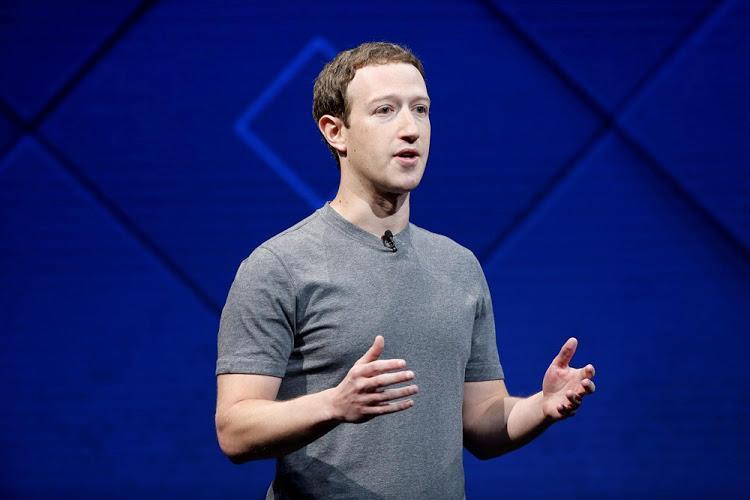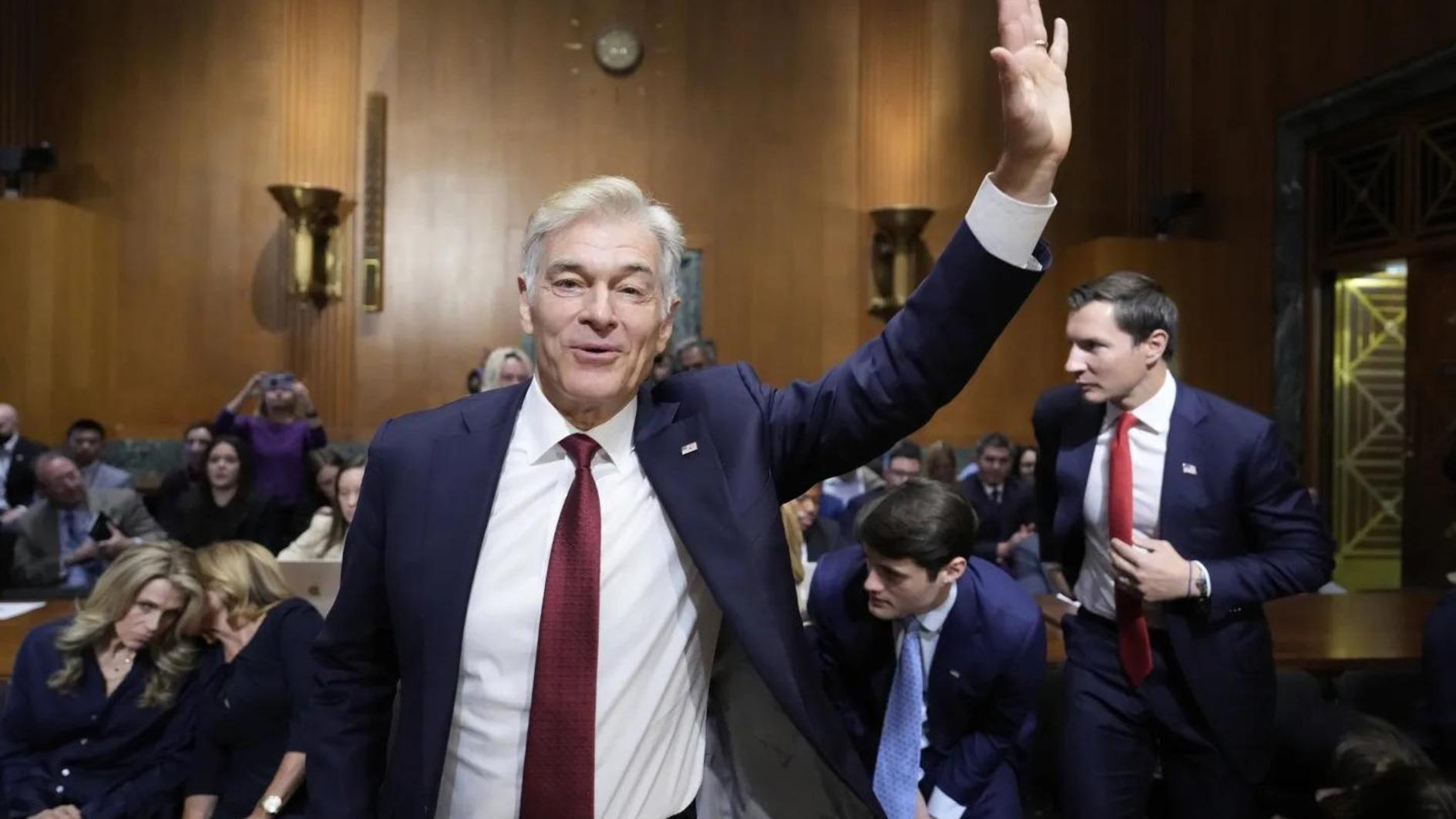Zuckerberg apologizes for data breach, vows curbs
SAN FRANCISCO - Reuters

Facebook Inc Chief Executive Mark Zuckerberg apologized on March 21 for mistakes his company made in how it handled data belonging to 50 million of its users and promised tougher steps to restrict developers’ access to such information.
The world’s largest social media network is facing growing government scrutiny in Europe and the United States about a whistleblower’s allegations that London-based political consultancy Cambridge Analytica improperly accessed user information to build profiles on American voters that were later used to help elect U.S. President Donald Trump in 2016.
“This was a major breach of trust. I’m really sorry this happened. We have a basic responsibility to protect people’s data,” Zuckerberg said in an interview with CNN, breaking a public silence since the scandal erupted at the weekend.
Zuckerberg said in a post on Facebook the company “made mistakes, there’s more to do, and we need to step up and do it.” He said the social network planned to conduct an investigation of thousands of apps that have used Facebook’s platform, restrict developer access to data, and give members a tool that lets them to disable access to their Facebook data more easily.
His plans did not represent a big reduction of advertisers’ ability to use Facebook data, which is the company’s lifeblood.
Zuckerberg said he was open to additional government regulation and happy to testify before the U.S. Congress if he was the right person.
“I’m not sure we shouldn’t be regulated,” he told CNN. “I actually think the question is more what is the right regulation rather than yes or no, should it be regulated? ... People should know who is buying the ads that they see on Facebook.”
Zuckerberg said Facebook was committed to stopping interference in the U.S. midterm election in November and elections in India and Brazil.
Facebook shares pared gains on March 21 after Zuckerberg’s post, closing up 0.7 percent. The company has lost more than $45 billion of its stock market value over the past three days on investor fears that any failure by big tech firms to protect personal data could deter advertisers and users and invite tougher regulation. Zuckerberg told the New York Times in an interview published on Wednesday he had not seen a “meaningful number of people” deleting their accounts over the scandal.
Facebook representatives, including Deputy Chief Privacy Officer Rob Sherman, met U.S. congressional staff for nearly two hours on March 21. Zuckerberg told the website Recode that fixes to protect users’ data would cost “many millions of dollars.”
The whistleblower who launched the scandal, Christopher Wylie, formerly of Cambridge Analytica, said on Twitter he had accepted invitations to testify before U.S. and U.K. lawmakers. The German government said Facebook must explain whether the personal data of the country’s 30 million users were protected from unlawful use by third parties, according to a report in the Funke group of German regional newspapers.
On March 20, the board of Cambridge Analytica suspended its Chief Executive Alexander Nix, who was caught in a secret recording boasting that his company played a decisive role in Trump’s victory.
However, the academic who provided the data disputed that on March 21. “I think what Cambridge Analytica has tried to sell is magic, and they’ve made claims that this is incredibly accurate and it tells you everything there is to tell about you. But I think the reality is it’s not that,” psychologist Aleksandr Kogan, an academic at Cambridge University, told the BBC in an interview.
















